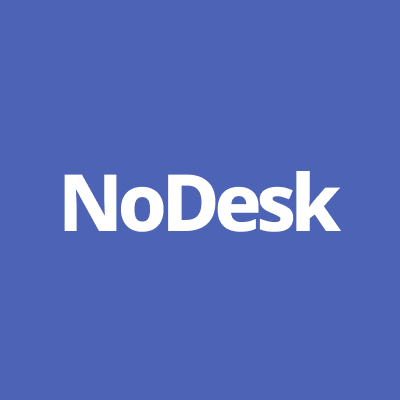
Last year, CEO Brian Chesky said Airbnb now looks at the role of marketing as one of “education”, not “to buy customers”.

“We made that shift and it has proven to have been the right shift, not only in 2019 but in 20.” “In 2019, before the pandemic, we shifted our marketing strategy to be more brand-driven and even less dependent on search engine marketing,” Airbnb’s chief financial officer Dave Stephenson said on a call with investors last night (15 February). The 2022 Agenda: Breaking down the wall between brand and performance The travel accommodation business first announced it would be making a permanent cut to its overall marketing investment in February last year, having noted that slashing spend during Covid had little impact on traffic. Total revenue for the quarter was $1.5bn (£1.1bn), exceeding 2019 by 38%.Īt the same time, overall sales and marketing expenses decreased 44% year-on-year to $351m (£259m), reflecting continued reductions in performance marketing spend year-on-year.Įxcluding the impact of stock-based compensation and other non-cash or one-time items, sales and marketing expense increased by 119% to $324m (£239m), “due primarily to an increase in brand marketing expense”.

Net profit reached $55m (£40.6m) over the three months to 31 December, compared with a net loss of $3.9bn (£2.9bn) over the same period in 2020. Airbnb has reported its “strongest ever” fourth quarter results, driven by higher revenue and increased marketing efficiency.


 0 kommentar(er)
0 kommentar(er)
